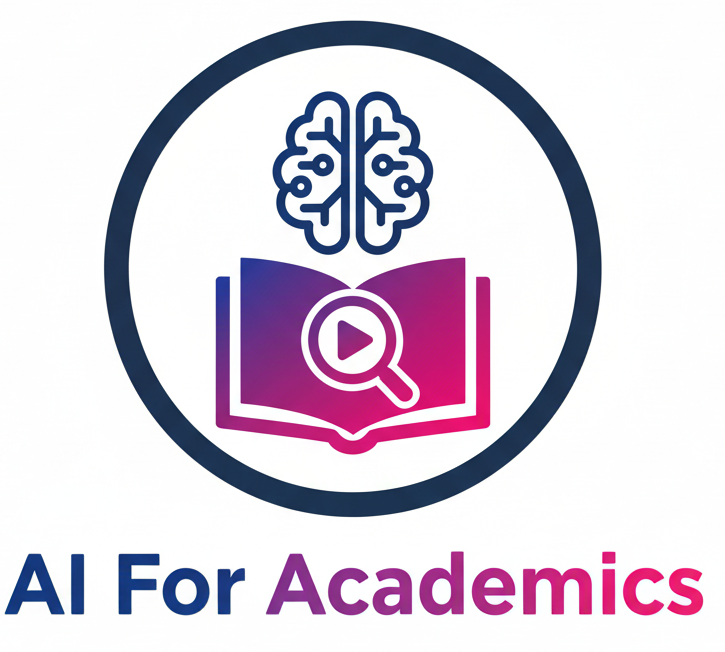-
Explore how US universities are leading AI innovation in research and teaching. Learn about academic integrity policies, cutting-edge tools, and best practices for AI in American higher education. Introduction: The American Academic AI Revolution American universities lead the world in AI model development, with 40 notable AI models released from the United States compared to…
-
Introduction: Why ChatGPT Isn’t Enough for Academic Research When ChatGPT burst onto the scene, academics everywhere wondered if it could revolutionize their research workflows. While it’s certainly useful for brainstorming and drafting, experienced researchers quickly discovered its limitations for serious literature reviews. The knowledge cutoff, hallucinated citations, and lack of access to academic databases make…
-
Machine learning models increasingly make high-stakes decisions affecting people’s lives—determining who gets hired, who receives loans, who qualifies for parole, and who gets access to healthcare. Yet these systems can perpetuate and amplify societal biases, systematically disadvantaging certain groups whilst privileging others. The consequences are serious. Biased hiring algorithms exclude qualified candidates based on protected…
-
The academic research landscape has fundamentally changed. With millions of papers published annually, finding relevant research, extracting key data, and synthesizing findings has become increasingly overwhelming. Traditional keyword searches miss important studies, manual data extraction takes weeks, and staying current with your field feels impossible. Elicit addresses these challenges head-on. This AI-powered research assistant automates…
-
Data visualisation has become essential for modern academic research. Whether you’re presenting findings at a conference, publishing in peer-reviewed journals, or simply trying to identify patterns in complex datasets, the ability to transform raw numbers into compelling visual narratives can make the difference between impactful research and overlooked work. Tableau has emerged as one of…
-
Managing research references can be overwhelming—tracking dozens or hundreds of sources, formatting citations in different styles, and maintaining bibliographies across multiple projects. Zotero has emerged as the leading citation management software for academic researchers, offering a powerful, open-source solution that’s completely free. In this comprehensive review, we’ll explore why Zotero earns a 9.5/10 rating and…
-
The Challenge of Academic Productivity For researchers and academics, managing projects, papers, and deadlines can quickly become overwhelming. Between literature reviews, data collection, and administrative tasks, staying organised is half the battle. Enter Notion AI — a revolutionary productivity tool designed to transform how academics plan, write, and manage their research workflows. Notion AI isn’t…
-
In December 2020, Google’s DeepMind shocked the scientific world by solving a 50-year-old grand challenge in biology: the protein folding problem. AlphaFold, their groundbreaking AI system for protein structure prediction, has since transformed molecular biology, drug discovery, and biomedical research. This comprehensive review explores how AlphaFold works, its applications in academic research, and why it…
